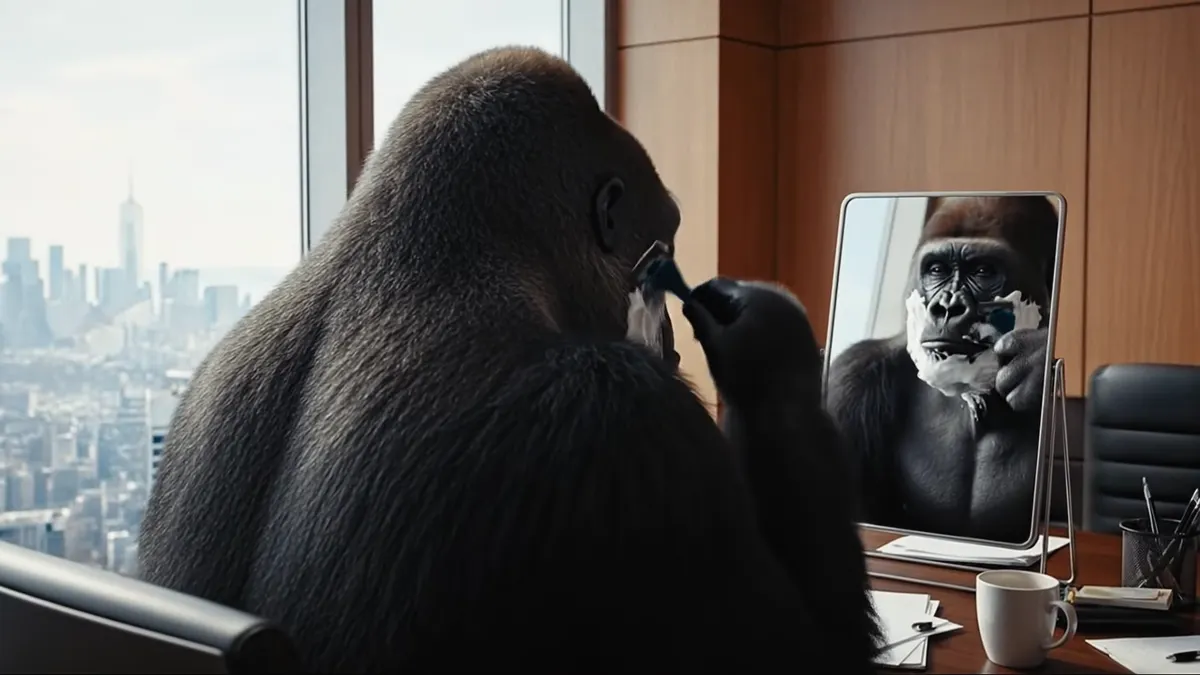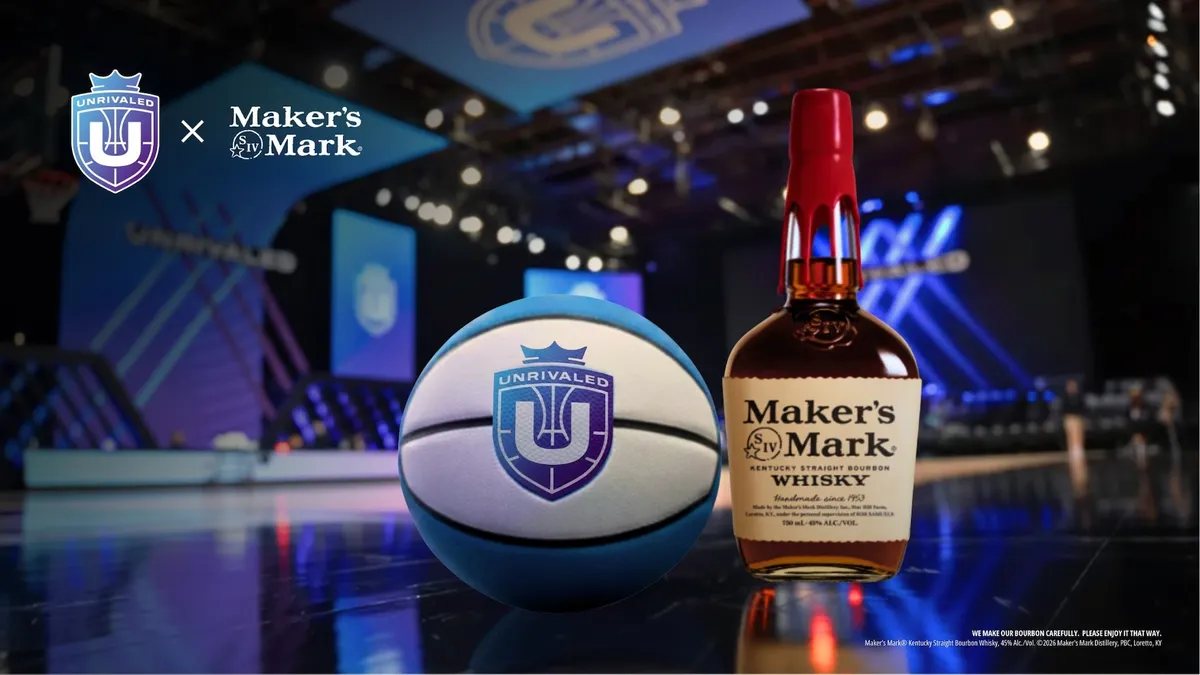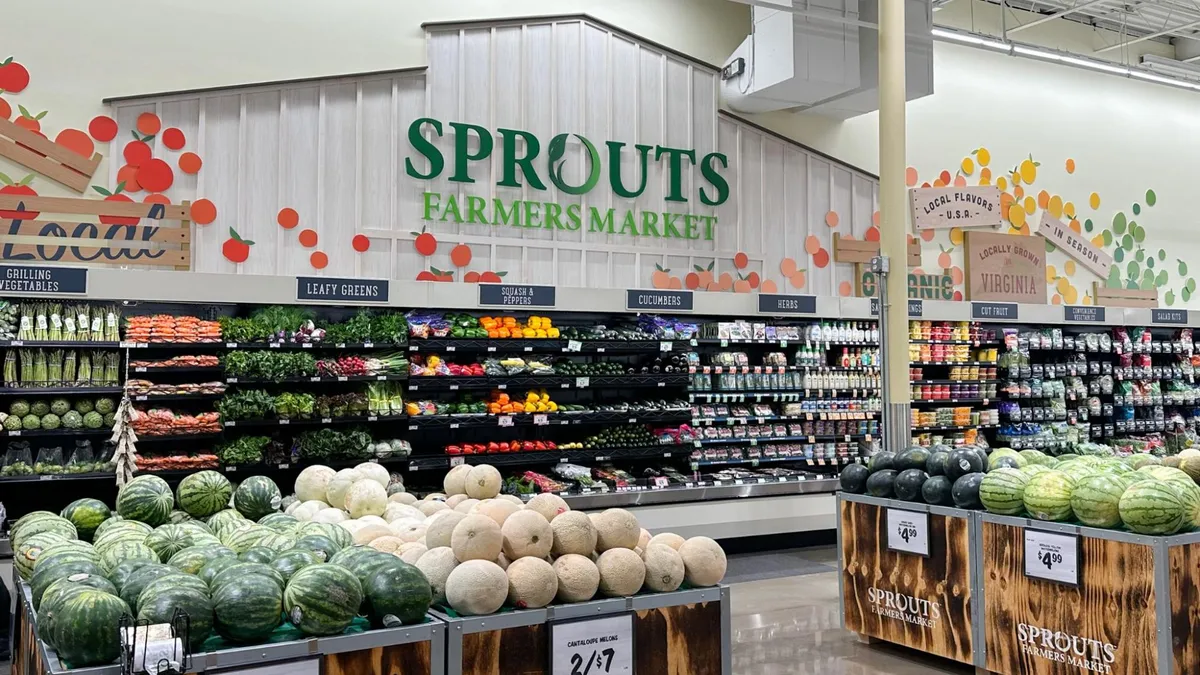The following is a guest post by Rachel Polin, a director at Media.Monks. Opinions are the authors' own.
If you've been online for the past few weeks, you probably stumbled upon the "2020, too" meme. Whether it made you laugh, cry or both, we can't deny that the sudden wave of COVID-19 cases and subsequent event cancellations — from the Grammy Awards to Carnival in Rio de Janeiro — are indeed making the start of this year feel a lot like a bad movie we've seen before.
As marketers, we're rounding out two years of thinking on our feet and pushing creativity to foster connection in safe ways. And for those of us in the events industry, it's easy to feel like we're in the most vulnerable position. So, as I encountered this meme, I couldn't help but wonder what "2020, too" would actually mean for our industry — more specifically, if we're truly bound to repeat history when it comes to events.
Looking back at everything we've learned since the start of 2020, though, I believe we've acquired enough tools to craft strategies that don't pose health risks and can't be threatened by a new surge in COVID-19 cases. In the face of this new beginning, we're more prepared than ever to thrive with flexibility and shrewdness as long as we put our learnings to use. Here are three of the most impactful learnings that have stemmed from two years' worth of virtual events.
1. Integrated events make for better investments
By definition, hybrid experiences combine an in-person experience augmented with virtual elements. It's not a purely on-site event with the option to pivot to virtual if the situation calls for it, nor a broadcast hosted by one individual on the stage.
Because of that, I find "integrated" to be an adequate term. Truly integrated experiences go beyond the binary notion of online and offline to create a new breed of experiences that better reflect how audiences interact with the world around them. It shows that we understand how people connect with brands and each other.
This isn't to say that purely virtual or physical events can't be effective. But while these focus on just one aspect of our lives, integrated experiences bring the best of both worlds, remaining engraved in people's minds and helping us connect with audiences we wouldn't have reached otherwise. Moreover, brands can virtually deliver more content with less physical or monetary constraints, and the fact that it incorporates flexibility into the strategy is the cherry on top.
2. Networking happens remotely… and in the metaverse
One of the greatest challenges of our time is finding ways for people to build meaningful connections virtually. The potential for organic communication and networking is, after all, the greatest benefit of attending industry events like CES — but not one bound to only physical interactions.
I have witnessed how both the World Press Freedom Conference and the Climate Adaptation Summit solved the "hallway moment" conundrum by developing a platform suited for one-on-one conversations or small groups led by a moderator. Virtual coffee tables and small video chat rooms to discuss shared interests were the core of both events, allowing users to connect with each other digitally.
Moreover, as the metaverse begins to take form, we'll find new opportunities to foster memorable interactions with people. Not long ago, my colleague had a meeting with his client in the video game Red Dead Redemption, where they rode through the countryside while talking business. People have been building real relationships online over shared passions and values for a long time, and in the same fashion, immersive experiences like this with our colleagues will open the doors to a new way of networking.
Brands can start creating these meaningful moments now, forging closer ties with people as a result — and not by interacting for interaction's sake.
3. Virtualization is changing the environment
All things considered, the past two years of hosting virtual experiences have taught us how to keep events going by engaging with audiences remotely. With less need for traveling, not only are virtual and integrated events more cost-effective, but they also support commitments to sustainability.
Going digital has shown us it's possible to bid paper farewell, to connect without long-distance travel and to find fresh ways to communicate. I see a future where even if the public health situation allows for physical events to occur, we'll still choose alternatives that are easier on the environment (and our schedules), like virtual and hybrid events.
After two years, we've built up a muscle for finding creative solutions to unforeseeable obstacles. Instead of tossing those learnings aside in the hope of finally returning to pre-pandemic normalcy, consider how you can apply them to your events strategy in 2022. We're an astute bunch of minds. Let's set a new precedent for the future of events.




















